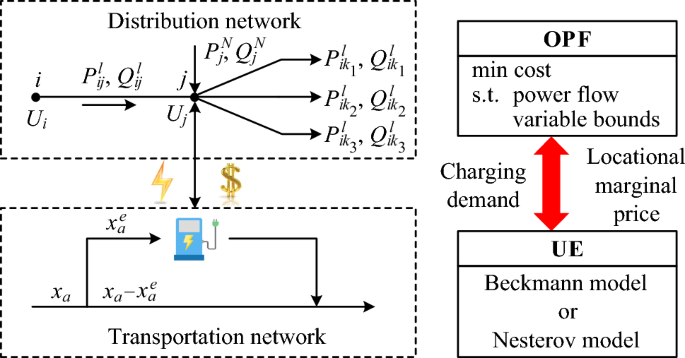

Within the intervention arm, 57 among 288 (19.8%) participants who answered the phone call used ridesharing. Results Of the 786 patients allocated to the intervention or control arm, 566 (72.0%) were women mean (SD) age was 46.0. Main Outcomes and Measures Missed appointment rate (no shows and same-day cancellations) in the intervention compared with control arm. After their appointment, patients phoned research staff to initiate a return trip home. Research staff prescheduled rides for those interested in the service. During these calls, patients in the intervention arm were offered a complimentary ridesharing service.

As part of the study protocol, patients assigned to both arms received up to 3 additional appointment reminder phone calls from research staff 2 days before their scheduled appointment. As part of usual care, patients assigned to both arms received automated appointment phone call reminders. Interventions A model of providing rideshare-based transportation was designed. The study was conducted between October 24, 2016, and April 20, 2017. All individuals receiving a phone call reminder were included in the study sample, regardless of whether they answered their phone. The primary study outcome was the rate of missed appointments, estimated using an intent-to-treat approach. Those scheduled on even-numbered weekdays were in the intervention arm and on odd-numbered weekdays, the control arm. Participants were allocated to being offered complimentary ride-sharing services (intervention arm) or usual care (control arm) based on the prescheduled day of their primary care appointment reminder. Objective To evaluate the association between rideshare-based medical transportation and missed primary care appointments among Medicaid patients.ĭesign, Setting, and Participants In a prospective clinical trial, 786 Medicaid beneficiaries who resided in West Philadelphia and were established primary care patients at 1 of 2 academic internal medicine practices located within the same building were included. Rideshare services have been proposed as alternatives to nonemergency medical transportation programs because of convenience and lower costs. Importance Transportation barriers contribute to missed primary care appointments for patients with Medicaid. Shared Decision Making and Communication.Scientific Discovery and the Future of Medicine.Health Care Economics, Insurance, Payment.Clinical Implications of Basic Neuroscience.Challenges in Clinical Electrocardiography.


 0 kommentar(er)
0 kommentar(er)
